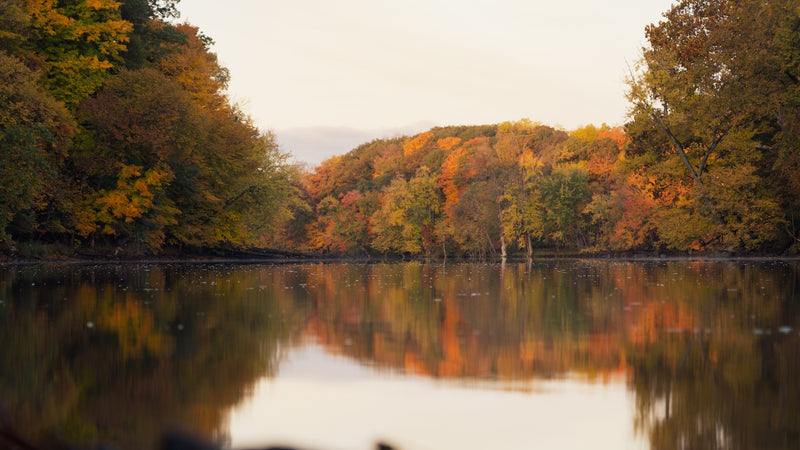Preparing for College as a Duck Hunter: A High School Student's Roadmap
The transition from high school to college can be both exciting and challenging for any student. For those passionate about duck hunting, college presents an opportunity to join a new community of like-minded individuals and continue their waterfowl hunting journey. This article offers insights and tips for high school students looking to pursue their passion for duck hunting while navigating the college experience.
Research College Hunting Opportunities and Clubs
Before choosing a college or university, it's essential to research the hunting opportunities and clubs available on and around campus. Many colleges have dedicated hunting clubs, like Ducks University chapters or Campus Waterfowl communities, where you can connect with fellow duck hunters, participate in events, and get involved in wetlands conservation efforts. Joining these organizations can provide a supportive environment to share your passion and make new friends who share your interests.
Understand State Hunting Regulations and Licenses
When attending college in a different state, it's crucial to familiarize yourself with local hunting regulations and licensing requirements. Hunting laws can vary significantly between states, so be prepared to learn and adhere to the rules in your new location. Some states allow students to be considered resident hunter, some states don't. Be sure to do your research in prep for the fall semester.
Find Local Hunting Spots and Establish Connections
Before the hunting season begins, scout for local hunting spots near your college campus. Research public hunting lands or reach out to local hunters for advice on where to hunt. Networking with fellow students, hunting club members, and locals can help you find the best locations for waterfowl hunting and learn about the area's specific hunting tactics and strategies.
Time Management is Crucial
College life can be demanding, with classes, assignments, and extracurricular activities vying for your time. It's essential to prioritize and balance your academic commitments with your passion for duck hunting. Plan your hunting trips around your class schedule, and ensure you allocate sufficient time for studying and assignments. Good time management skills will help you enjoy a successful college experience both academically and in your hunting pursuits.
Conservation and Ethics
As a duck hunter in college, you have the unique opportunity to promote ethical hunting practices and contribute to wetlands conservation efforts. Participate in local conservation projects, attend seminars, and learn more about the importance of preserving wetlands for future generations. Being an advocate for responsible and ethical hunting will not only benefit the environment but also help you grow as a hunter and conservationist.
In conclusion, transitioning to college life as a duck hunter can be a rewarding experience if you take the time to research hunting opportunities, understand local regulations, find hunting spots, manage your time, and embrace conservation and ethical hunting practices. By doing so, you can continue to enjoy your passion for duck hunting while adapting to your new college environment.
If you are a high school student looking to join a community of collegiate waterfowl hunters and conservationists once you get to college, visit https://www.ducks.org/get-involved/ducks-unlimited-youth-programs/ducks-university to learn more about Ducks University and how you can get involved. Embrace the college experience and continue your waterfowl hunting journey with a community of passionate, responsible, and dedicated hunters.





Leave a comment
Please note, comments must be approved before they are published